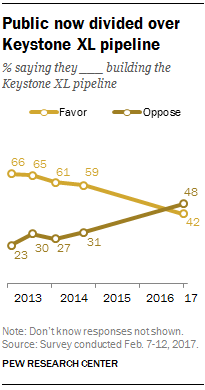
Public polls have become an increasingly popular way for individuals and organizations to gauge public opinion on a variety of topics. From large scale political issues to more localized concerns, these polls offer an important measure of what people think about current events and pressing matters. Through the use of surveys and other interactive tools, these polls serve as a meaningful wwinner us to keep track of how opinions are shifting over time.

What are Public Polls?
Public polls refer to surveys that survey a broad range of people on a particular topic or set of topics. They are generally conducted by research firms or companies that specialize in collecting data from the general public, but they can also be produced by individual users or smaller organizations. By distributing their questions through various forms of media, polls can reach a wide variety of people who have varying backgrounds and perspectives.
The Benefits of Public Polls
The most obvious benefit of public polls is that they allow us to measure public sentiment and opinion on a given issue. This can be especially helpful in guiding decision-making at all levels of government, as policymakers can gain insights into how different segments of society are feeling about a certain topic. Public polls can also be used to test public interest in and support for potential initiatives or projects, giving administrators the ability to make better informed decisions.
By polling information frequently, those conducting the polls can also analyze changes in opinion over time, leading to additional insight into how attitudes and opinions shift with changing circumstances. This data can be extremely useful for policy makers and other decision-makers, allowing them to adjust their plans and strategies as needed.
Limitations of Public Polls
While public polls can offer valuable insights, it’s important to remember that they have their limitations. For one thing, public polls tend to reflect the demographic makeup of the respondents, meaning that feedback from certain groups may not be fully captured within the results. Additionally, if a poll is poorly designed or prepared, its results can be skewed. Unless the poll is carefully calibrated and administered, it might not accurately represent public opinion on the given matter.
Are Public Polls Accurate?
The accuracy of public polls depends on how well they are conducted. Well-constructed polls with randomized methods of choosing samples and fair distribution of questions can offer reliable results. On the other hand, poorly structured polls are prone to bias, leaving the final results open to question. When it comes to public polls, the key is to make sure they are done right in order to get meaningful results.
Bringing People Together
At the end of the day, public polls provide an important conduit for people to express their thoughts on various topics. Through these polls, we can gain a collective understanding of our values and beliefs, allowing us to engage in meaningful dialogue about the issues thatmatter to us. By engaging in public polls, we can ensure that our voices are heard and that our needs are taken into account when it comes to important decisions.
Ultimately, public polls give us the power to decide the winner – the people themselves. By actively participating in polls, we can help shape the conversations that shape our lives.



